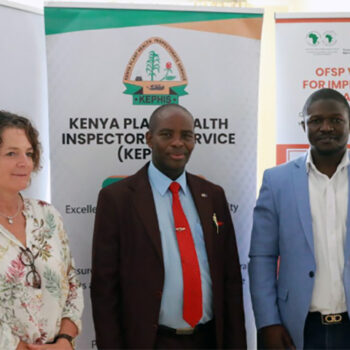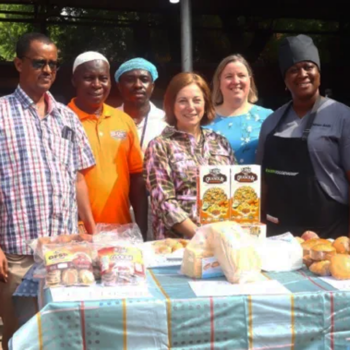Within 30 years, average temperatures are projected to exceed the critical 2°C threshold, adding urgency to the need to help farmers adapt to global warming.
What if there were a living laboratory where we could address and learn from global warming’s impacts on agricultural productivity, nutrition, biodiversity and carbon stocks?
There is, in the High Andes region, which has been impacted by climate change to a greater degree than other parts of the world.
This session will examine the challenges associated with climate change in the High Andes and how agrobiodiversity conservation and use in sustainable farming can improve nutritional, environmental and socioeconomic outcomes, while generating a wealth of knowledge for the world.
Ginya Truitt Nakata
Latin America and Caribbean Regional Director
International Potato Center
Jesus Quintana
Head of Sub-regional Hub, Andean and Southern Cone countries
International Fund for Agricultural Development
Roger Thurow
Senior Fellow on Global Food and Agriculture
Chicago Council
Pam Strifler
Vice President of Sustainability, Stakeholder Engagement and Insights
Bayer
Stef de Haan
Agri-Food Systems Senior Scientist
International Potato Center
Andrew Jones
John G. Searle Associate Professor, Nutritional Sciences
School of Public Health, University of Michigan



